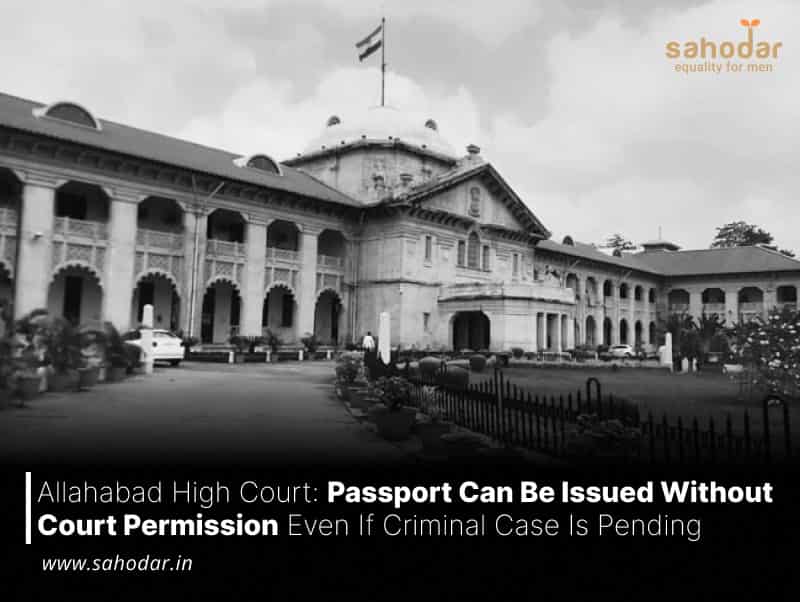The Court said that the petitioner would be required to approach the competent court for permission only in case of a plan to go abroad.
The Allahabad High Court recently ruled that individuals with pending criminal cases do not need to obtain prior court permission to be issued a passport [Umapati v. Union of India].
A Bench of Justices Alok Mathur and Arun Kumar Singh Deshwal said that the responsible authority must decide on a passport application as required by Section 5 of the Passports Act.
“If he is of the opinion that it is a fit case for grant of a passport, he may pass an appropriate order for issuance of the passport and in case he feels that conditions exists for refusal for grant of the passport he may pass an appropriate order considering grounds of Section 6 of Indian Passport Act,” the Court said.
It added that there is no requirement for a person facing criminal charges to get prior court permission for the issuance of a passport.
“This Court is of the considered view that no prior permission from the competent court is required where the criminal cases are pending for issue of passport under the Indian Passport Act and no such provision has been envisaged in the said Act.”
The Court was hearing a petition from Umapati, whose passport application was denied because of two ongoing criminal cases against him.
Deputy Solicitor General SB Pandey argued that the passport authority was not required to decide and that Umapati should apply to the court handling his criminal cases instead.
However, the Court stated that the petitioner only needs to seek permission from the appropriate court if he plans to travel abroad.
Dismissing the objection from the Central government counsel, the Court stated,
“Once an application for a passport is submitted, the authority must make a decision according to the statutory provisions of the Indian Passport Act. Therefore, interference is justified in this case.”
Accordingly, the Court instructed the passport authority to review and decide on the petitioner’s passport application in accordance with the law.

